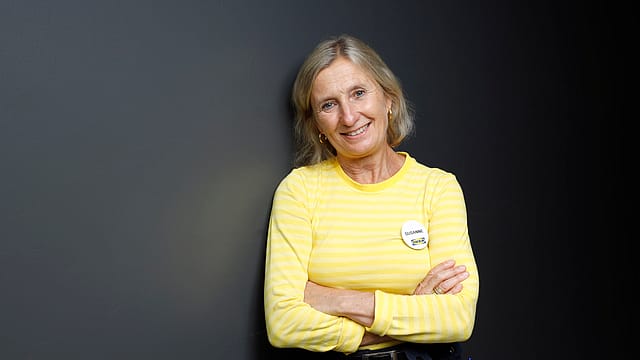Ikea delivery fleet to be 100% electric by '25
ADVERTISEMENT

Swedish furniture and home accessories retailer, Ikea, plans to convert its home-delivery fleet to 100% electric vehicles by 2025 and India will not be an exception, says Sussane Pulverer, CEO and chief sustainability officer, Ikea India. "We are working with partners to increase our fleet of EVs for home deliveries. It is difficult here because of the lack of availability of EV trucks, but we are going to do it." Barely 10% of Ikea India's delivery fleet as of today comprises EVs.
Pulverer admits that switching to a 100% EV fleet would obviously come at a cost, but it's the need of the hour. "When we initially talked about adapting sustainable practices, we were worried that using a new material or new energy source would cost more, but we realised it becomes affordable in the long run. Affordability and sustainability need to go hand in hand," explains Pulverer.
Sustainability also includes sourcing locally and thereby helps reduce carbon footprint that a brand invariably incurs each time it imports its inventory. Sourcing locally also implies giving livelihood to local communities as well as lower costs. When Ikea set up its first store in India in 2018 through the 100% FDI in private brands route, the Government of India made it mandatory for the retailer to source from India 30% of what it sells in the country. Pulverer claims that the retailer has not just fulfilled the 30% local sourcing diktat, it is now looking at sourcing 50% of what it sells in India locally.
"The pressures due to inflation have accelerated our agenda to source more locally," says Pulverer. "We are looking at new raw materials that are locally sourced. While textiles are something which we have always sourced in India, we have now started working with smaller manufacturers for decorative items, furniture, mattresses as well as metal work. We have promising things going on in the sourcing space," she further adds.
The company has been skilling local partners to manufacture more sustainably. These include furniture made out of wood and recycled plastic, low-energy consumption lights, water taps that help save water as well as food containers and food systems that help save food waste.
India is a unique market for most global brands as their one-size-fits-all global strategy seldom works here. Though Ikea has its traditional big box 400,000 sq.ft. stores in the outskirts of Mumbai, Hyderabad and Bangalore, its recipe for scaling up in India are its 80,000 sq.ft stores (which it is setting up in busy shopping districts). It has recently set up its second 80,000 sq.ft store in Mumbai. The retailer which in the past had received considerable flak for its lacklustre omni-channel strategy in the past couple of years has pulled up its socks. While during the peak of the pandemic 37% of its sales came from its ecommerce platform, Pulverer says it has now settled at 30%. "The Covid-19 pandemic has helped us speed up our digital transformation."